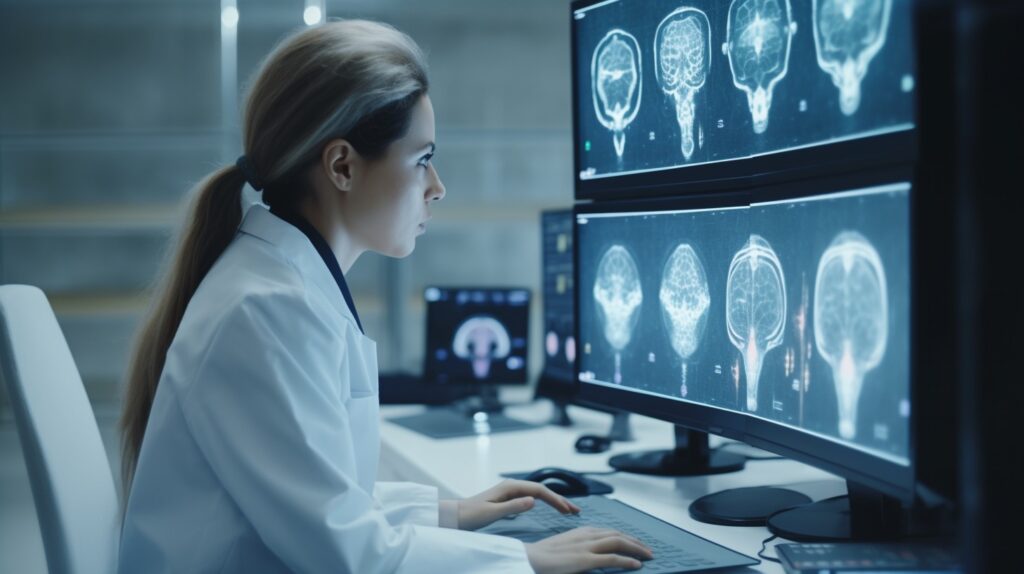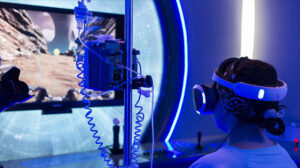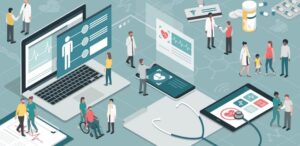Specialized Diagnostics and Artificial Intelligence: A Transformative Alliance

The integration of artificial intelligence (AI) in the field of specialized diagnostics is marking a milestone in modern medicine. This symbiosis between technology and healthcare not only accelerates diagnostic processes, but also improves accuracy and ultimately redefines the way we address medical challenges.
The Diagnostic Revolution
Diagnostic medicine has always depended on careful observation and interpretation of clinical data. With the advent of artificial intelligence, these human skills are enhanced by advanced algorithms capable of processing huge amounts of data in real time. AI can analyze medical records, images, and genomic data with unparalleled speed and accuracy.
Speed and Accuracy: Pillars of Transformation
In diagnostics, speed is crucial. AI makes it possible to analyze large data sets in a matter of seconds, dramatically speeding up the diagnostic process. In critical medical situations, where time is a determining factor, this rapid response capability can make the difference between life and death. Accuracy is another key pillar of this revolution. AI algorithms are able to identify patterns and anomalies in data that might go unnoticed by the human eye. This translates into more accurate diagnoses and thus more effective treatment plans.
Practical Applications of AI in Specialty Diagnostics
AI has proven its worth in several areas of specialized medicine. In radiology, for example, deep learning algorithms can analyze medical images, detect tumors and provide detailed reports with impressive accuracy. In genomics, AI helps to interpret large genetic datasets, making it easier to identify genetic predispositions and personalize treatments. In neurodegenerative diseases such as Alzheimer’s, AI can analyze patterns of brain activity to diagnose the disease at earlier stages, enabling more effective interventions. In oncology, algorithms can predict a patient’s response to certain treatments, paving the way for more personalized therapies.
Challenges and Ethical Considerations
Although AI offers myriad benefits, it also poses ethical and safety challenges. Confidentiality of patient data, misinterpretation of information, and lack of human oversight are concerns that must be addressed. It is crucial to establish robust protocols to ensure integrity and ethics in the use of artificial intelligence in medicine.
The Future of Diagnostic Medicine
The alliance between specialized diagnostics and artificial intelligence holds the promise of a more efficient and accurate future in healthcare. As the technology continues to evolve, it is imperative that healthcare professionals and AI developers work together to perfect these tools and ensure their ethical and safe implementation.
In conclusion, artificial intelligence is transforming the way we diagnose and treat specialized diseases. This revolution not only increases the speed and accuracy of diagnoses, but also opens up new possibilities for a more personalized and effective approach to medical care. On the horizon looms a future in which technology and human compassion combine to improve the health and well-being of humanity.





